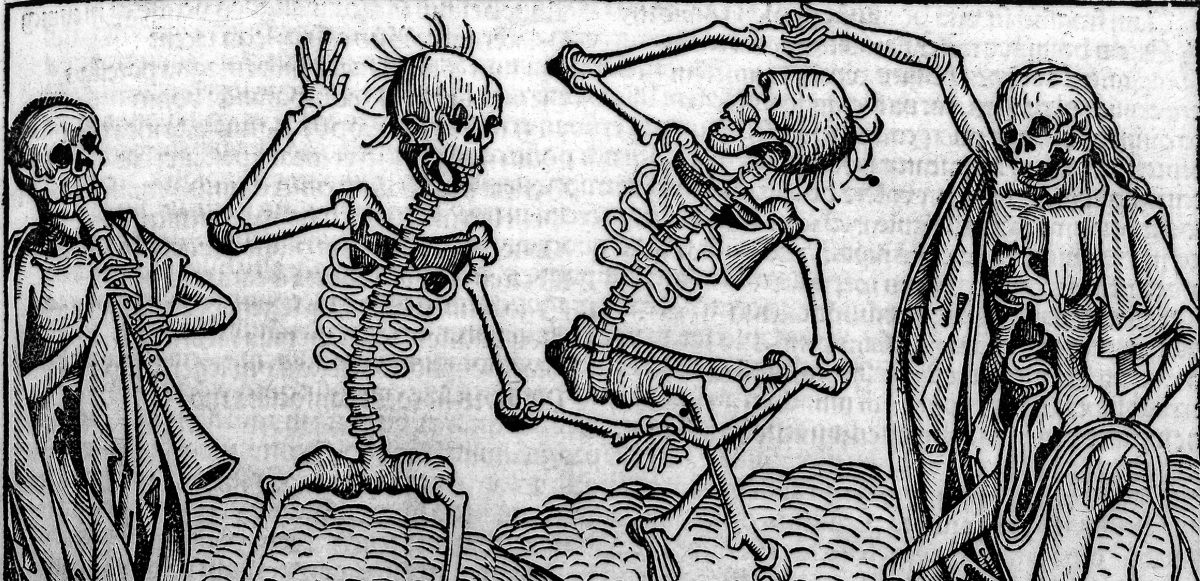 Hello everyone. I’ve been doing my best to update this blog weekly since September, and it’s been an absolute blast. In the past I’ve only ever updated sporadically: when I had a strong idea for something that I couldn’t sell, or where edits changed a piece to the point where I felt there was a whole other article still to be written.
Hello everyone. I’ve been doing my best to update this blog weekly since September, and it’s been an absolute blast. In the past I’ve only ever updated sporadically: when I had a strong idea for something that I couldn’t sell, or where edits changed a piece to the point where I felt there was a whole other article still to be written.
Since writing weekly, it’s been huge (to steal a Trumpism – I don’t like his politics, but we’ve got a disturbing similarity in lexicon…)
I’ve made friends, I’ve increased my social media followers, and I’ve tripled the rate of my study: there’s nothing that stimulates the mind and gets me learning better than the motivating pull of these blog posts raising questions and spurring me on to new areas.
More than that, the conversations these posts have prompted have hugely widened the scope of my knowledge, just in a few months, and given me a three dimensionality to my work that could only come from discussing it with people who knew what they were talking about.
This is why I’m committed to keep posting on my blog, BUT I’ve got a lot of work coming up this year. Continue reading “The Blog is Going Monthly!”









